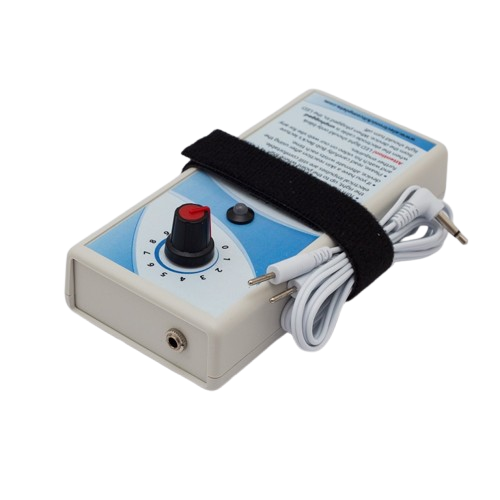What is Methylfolate and Why Does it Matter?
Methylfolate is the active form of folate, a water-soluble B vitamin (B9) that plays a critical role in many essential bodily functions. While folate in food or standard folic acid supplements must be converted by the body into its active form, methylfolate—also known as L-5-MTHF (5-methyltetrahydrofolate)—is ready for immediate use in metabolic processes, making it particularly valuable for people with certain genetic differences.
The Role of Methylfolate in the Body
Methylfolate is involved in a process called methylation, a biochemical pathway responsible for regulating gene expression, detoxification, neurotransmitter production, and DNA synthesis. This makes it essential for:
- Mood regulation and mental health
- Homocysteine breakdown (to prevent cardiovascular issues)
- Cell division and repair
- Fetal development during pregnancy
When methylfolate levels are optimal, the body is better equipped to produce serotonin, dopamine, and norepinephrine, neurotransmitters that regulate mood, motivation, and stress response.
Folate vs. Folic Acid vs. Methylfolate
Though the terms are often used interchangeably, they are not the same:
Folate is the natural form found in foods like leafy greens, lentils, and citrus fruits.
Folic acid is the synthetic version commonly added to fortified foods and supplements.
Methylfolate is the bioactive form the body actually uses.
While folic acid must undergo several conversion steps to become active, methylfolate bypasses this process—making it especially beneficial for people with impaired folate metabolism.
The MTHFR Gene and Methylfolate Needs
Some individuals carry mutations in the MTHFR gene (short for methylenetetrahydrofolate reductase), which significantly reduce the ability to convert folic acid into methylfolate. The most common mutations, C677T and A1298C, are found in a sizable portion of the population—some estimates suggest up to 40–60% of people carry at least one variant.
People with these mutations may benefit from supplementing directly with methylfolate, as they cannot efficiently process folic acid. This can be particularly relevant for those with:
- Depression or anxiety
- Chronic fatigue
- Recurrent pregnancy loss
- High homocysteine levels
- Neurological or cognitive issues
Some individuals report dramatic improvements in mood, energy, and mental clarity after switching from folic acid to methylfolate, especially if they unknowingly carried the MTHFR mutation for years.
Is Methylfolate Safe?
For most people, methylfolate is well tolerated when taken in appropriate doses. However, it can be potent, especially in individuals new to B-vitamin supplementation or those with nervous system sensitivities. Side effects like anxiety, irritability, or headaches have been reported when doses are too high or introduced too quickly. For this reason, many healthcare providers recommend starting low—around 400 mcg (micrograms)—and increasing gradually.
Who Might Benefit from Methylfolate?
Methylfolate supplementation may be beneficial for people dealing with:
- Mental health issues
- Pregnancy and fertility challenges
- Chronic fatigue or fibromyalgia
- Autoimmune conditions
- Brain fog or cognitive decline
Fun Fact: Methylfolate and Autism
Emerging research has shown that methylfolate may support children with autism spectrum disorder (ASD), particularly those with folate receptor autoantibodies, which block folate from entering the brain. In some cases, high-dose methylfolate has been shown to improve language, social behavior, and cognitive function.
- In one study, children with autism who had folate receptor autoantibodies showed measurable gains in communication and socialization when treated with methylfolate over several months.
In conclusion, methylfolate is more than just another B-vitamin—it’s a targeted, active nutrient that supports everything from mood to metabolism, and may hold promise for personalized approaches to health and neurodevelopmental conditions.
For those with MTHFR mutations or folate-related challenges, it may be a game-changer worth exploring.
This material reflects personal research conducted in my spare time and is intended for informational purposes only. It does not constitute medical advice. Always consult a qualified healthcare provider.
